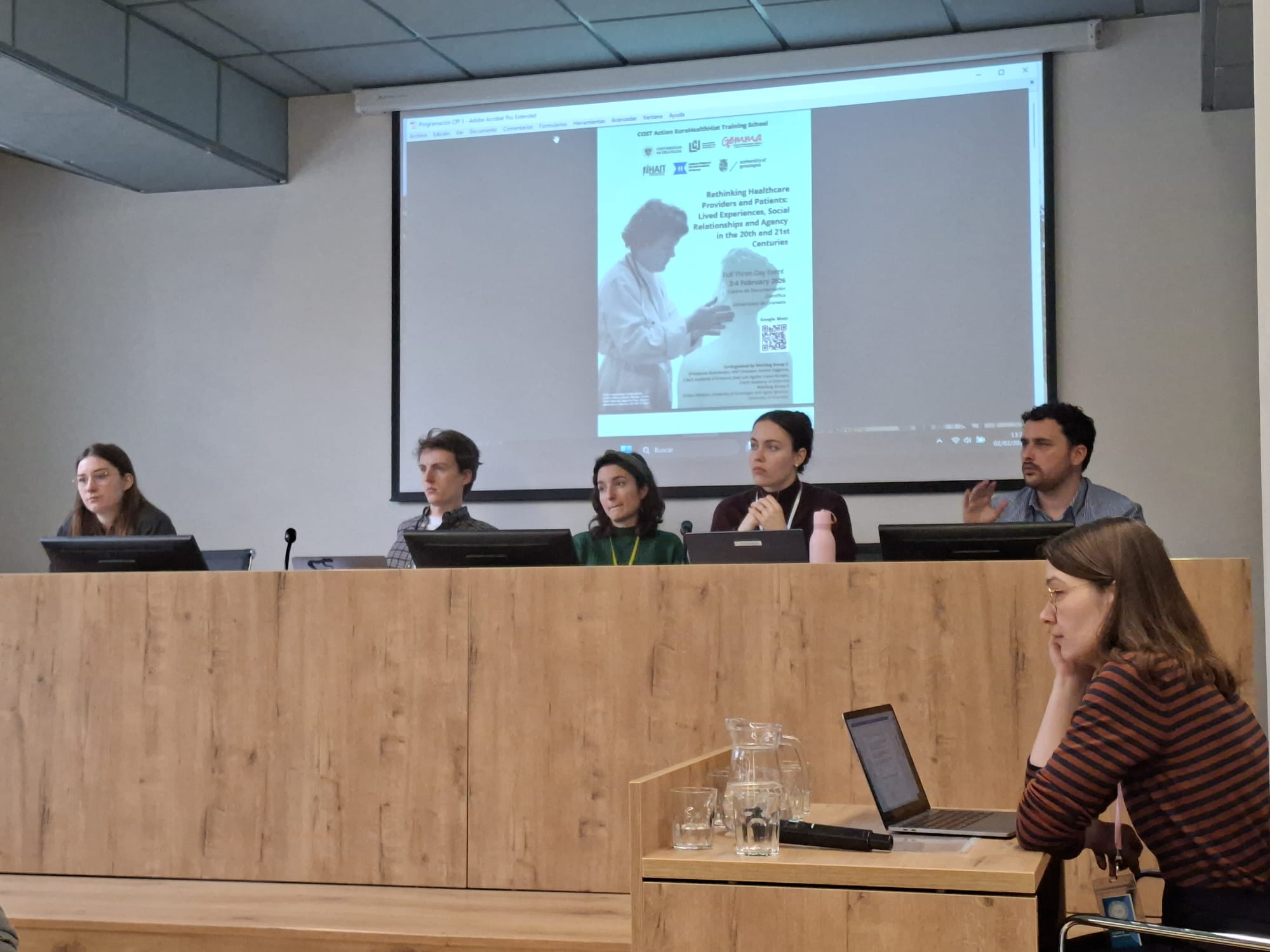Members of the Scientific Unit have published the second White Paper addressing diversity in scientific teams.
Last October, two members of our unit, Nicolás Robinson-García y Daniel Torres-Salinas, published the second White Paper of UCHASS titled “The Use of Informetric Methods to Study Diversity in the Scientific Workforce: A Literature Review.” This paper is currently in preprint status and is awaiting peer review.
This work results from an inter-university collaboration that includes Zaida Chinchilla, a researcher at CSIC; Carmen Corona from the University of Valencia; and Rodrigo Costas, a researcher affiliated with Leiden and Stellenbosch Universities. Together, this team conducted a literature review to assess the current state of using informetric approaches to monitor the diversity of scientific teams.
🗞️🧐 Along w @zaidachinchilla @carmencs @torressalinas & @RodrigoCostas1 we have produced this review on scientometric methods to study diversity in the scientific workforce https://t.co/RnHPCJ1oC2
— Nicolas Robinson-Garcia (@nrobinsongarcia) October 2, 2024
Tweet from Nico announcing the publication of the new white paper.
Overall, the researchers conclude that the reviewed literature shows significant advancements in informetric methods, enabling a more contextualized and precise evaluation of scientific performance at the individual level. However, they note that further work is necessary to address the biases inherent in traditional metrics, emphasizing their lack of contextualization. This underscores the need for a more holistic and inclusive approach to evaluating scientific performance—one that considers both quantitative metrics and the qualitative contexts of research—with the aim of fostering a more equitable and representative scientific community.
This literature review examines the application of informetric methods to assess diversity within the scientific workforce, focusing on recent advances in author name disambiguation, researcher profiling, and the evaluation of individual-level metrics. The study traces the evolution of quantitative approaches, from traditional productivity metrics to modern multidimensional models that incorporate contextual factors such as career trajectory, research practices, and social engagement. Emphasizing methodological innovations, the review explores the potential of advanced algorithms and new data sources (e.g., OpenAlex, ORCID) to offer a nuanced understanding of diversity in science. The review highlights gaps in the current literature, particularly the need to account for diverse individual characteristics, including gender, ethnicity, and team dynamics, and suggests pathways for future research. The findings contribute to ongoing discussions in the field of scientometrics regarding responsible research assessment and the development of equitable evaluation frameworks.



